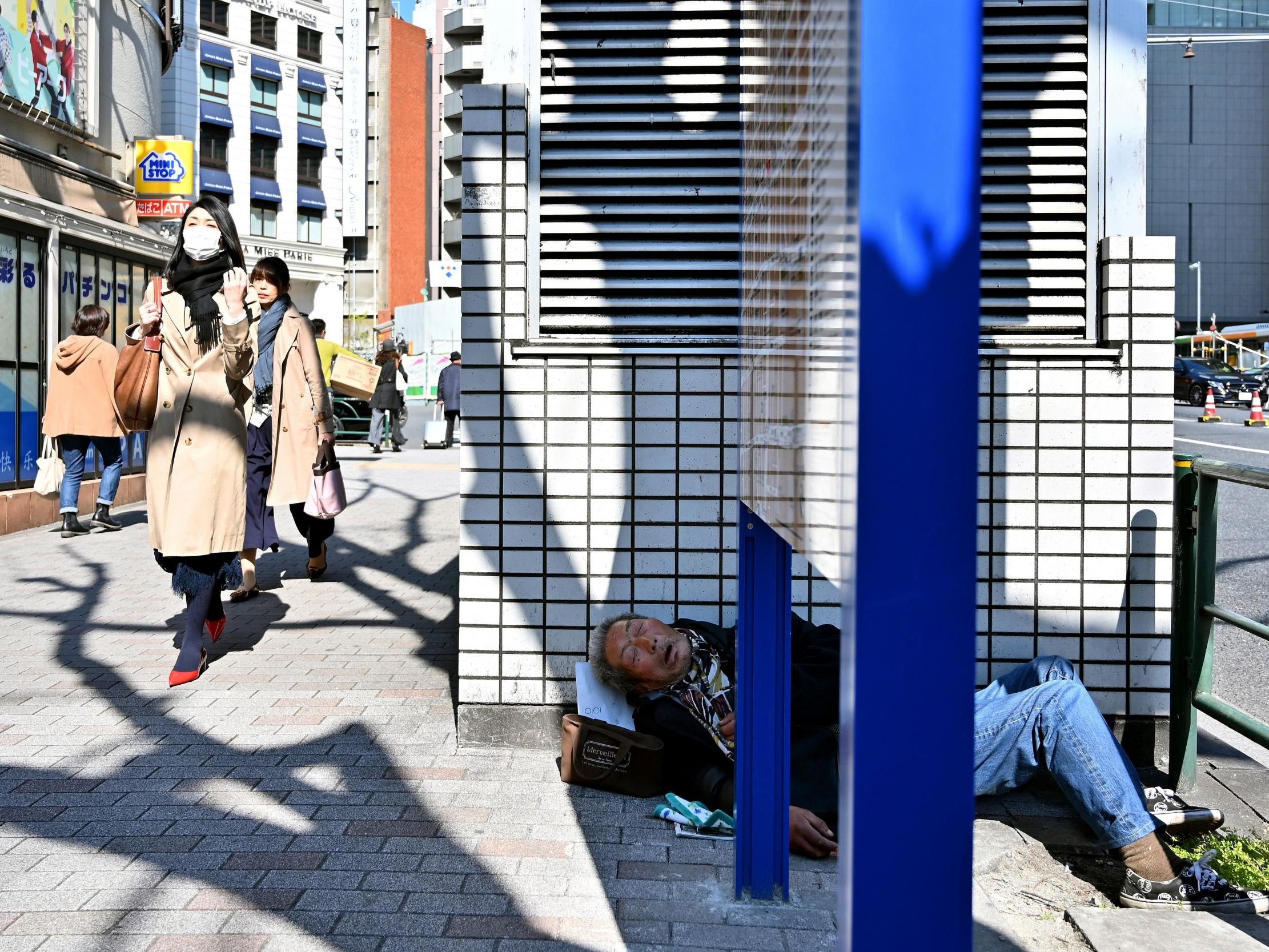Coronavirus: Thousands made homeless in Tokyo after Japan orders closure of internet cafes
More than 4,000 ‘internet cafe refugees’ reside in Tokyo alone
Your support helps us to tell the story
From reproductive rights to climate change to Big Tech, The Independent is on the ground when the story is developing. Whether it's investigating the financials of Elon Musk's pro-Trump PAC or producing our latest documentary, 'The A Word', which shines a light on the American women fighting for reproductive rights, we know how important it is to parse out the facts from the messaging.
At such a critical moment in US history, we need reporters on the ground. Your donation allows us to keep sending journalists to speak to both sides of the story.
The Independent is trusted by Americans across the entire political spectrum. And unlike many other quality news outlets, we choose not to lock Americans out of our reporting and analysis with paywalls. We believe quality journalism should be available to everyone, paid for by those who can afford it.
Your support makes all the difference.Thousands of homeless people in Japan are in need of being housed after internet cafes were forced to close due to coronavirus.
Internet cafes have been a common destination for the homeless due to their security and often being open around the clock.
While many also include private booths, showers and entertainment such as games.
But Japan has ordered their closure in an effort to contain the spread of coronavirus.
As of Monday afternoon, Japan has 7,370 cases of Covid-19 and 123 confirmed fatalities, according to Johns Hopkins University.
Japan has a low homeless rate compared to other developing nations, with the Ministry of Health, Labor and Welfare’s figures last year claiming a total of 4,977 homeless people live in the country.
Though the ministry’s method for collecting data has been criticised with Tokyo-based nonprofit organisation Advocacy and Research Centre for Homelessness claiming the true figure is around two-and-a-half times the official number.
But with more than 4,000 “internet cafe refugees” residing in Tokyo, the country’s capital has begun to offer up hotel rooms and other forms of temporary accommodation to ease the crisis.
Alternative measures have also seen neighbouring Saitama transform a sports hall into a facility able to house 200 people.

But despite the government announcing welfare offices are able to designate temporary accommodation for homeless residents, many have reportedly been turned away
Kazuhiro Gokan, a consultant at a support organization for homeless people, told the Nikkei Asian Review: “Many have been turned away as there seems to be a misunderstanding among administrators.”
Prime Minister Shinzo Abe declared last Tuesday that the country was entering a month-long state of emergency to contain coronavirus, running until 6 May.
The measures will apply to Tokyo and six other prefectures: Chiba, Kanagawa, Saitama, Osaka, Hyogo, Fukuoka.
Tokyo’s government announced homeless residents could seek help through support centre Tokyo Challenge Net.
While a previous requirement for people to show a certificate proving they have lived in the capital for more than six months has now been temporarily waived to speed up the process.

Join our commenting forum
Join thought-provoking conversations, follow other Independent readers and see their replies
Comments